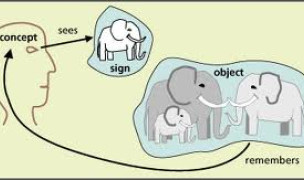 10 Terms
10 TermsHome > Industry/Domain > Biology; Medical > Human genome
Human genome
The human genome consists of 23 chromosome and the small mitochondrial DNA. 22 of the 23 chromosomes are autosomal chromosome pairs and the last one being a gender-determining pair. In total, the human genome contains the sequences of the 3 billion chemical base pairs that make up human DNA and approximately 20,000-25,000 genes. By understanding human genome, scientists are able to develop new medical applications that can significantly advance the state of health care.
Contributors in Human genome
Human genome
Cornea
Medical; Human genome
The transparent part of the eye that covers the iris and the pupil and allows light to enter the inside.
Diabetes
Medical; Human genome
1) A disease in which the body does not properly control the amount of sugar in the blood. As a result, the level of sugar in the blood is too high. This disease occurs when the body does not ...
Cytoplasm
Medical; Human genome
1) The fluid inside a cell but outside the cell's nucleus. Most chemical reactions in a cell take place in the cytoplasm. 2) The cellular substance outside the nucleus in which the cell's ...
Desmosome
Medical; Human genome
1) Desmosomes are intercellular anchoring junctions that anchor intermediate filaments at membrane-associated plaques in adjoining cells. Desmosomes assemble in response to cell-cell contact and ...
Depression
Medical; Human genome
1) Unpleasant, but not necessarily irrational or pathological, mood state characterised by sadness, despair, or discouragement; "the blues"; may also involve low self-esteem, social withdrawal, and ...
Cryptic chromosome translocation
Medical; Human genome
A chromosome translocation or rearrangement detected by special techniques (e.g., fluorescent in situ hybridization (FISH), telomeric detection) because it is too small to be seen with conventional ...


